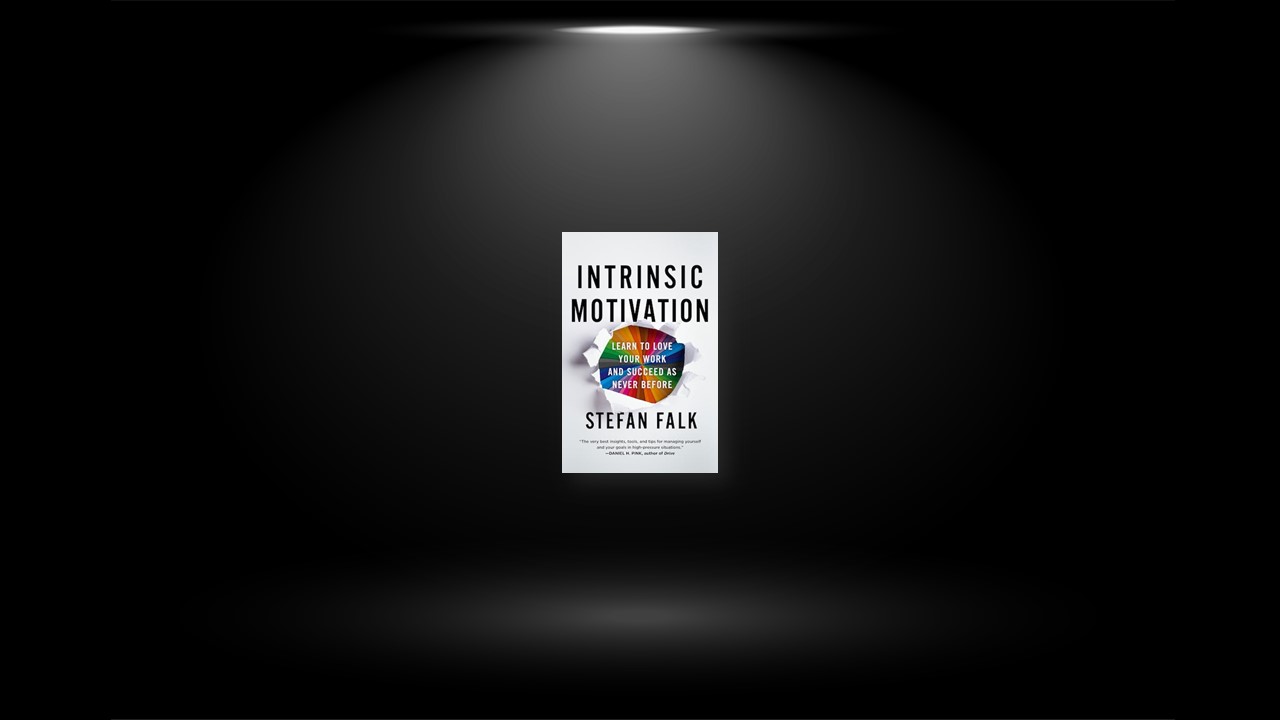Set Expectations Every Day, and Bring Home Something Exciting and Interesting to Tell Your Kids
One easy way to start rewiring your brain is to actively manage your expectations for your workday. Easier still is simply expecting to experience something exciting—priming yourself in this way will make you aware of it when it happens.
most of us simply wake up and go to work without a thought about our expectations or goals for the day. Is this a problem? Yes, because you get the experiences you deserve. If you have no expectations for your workday, chances are you will experience nothing more than a typical dull day. If you expect negative things, chances are you will experience those. The same goes if you expect positive things.
One of the smartest things the author ever read was contained in the welcome note to parents from the principal of his son’s school when he entered the first grade: “Make sure you tell your kids about something positive you experienced during your day. It is important that kids have positive expectations for how it is to be a grown-up.”
Learn like the Terminator
The ability to effectively draw relevant insights, learn what is important, and build expertise plays a big role in differentiating merely good employees from those who are essential. If you’ve seen the movie The Terminator, starring Arnold Schwarzenegger as a cyborg, you know that the Terminator constantly scans his environment to assess threats and opportunities, while absorbing new information necessary to carrying out his mission. He provides an excellent example of effective and almost effortless learning.
Whenever you are struggling with an idea or problem, think about how you could explain it to a child. Don’t just think about your explanation, say it out loud or write it down. The additional effort of speaking and writing helps convert it into neural memory structures.
Write by hand. Handwriting builds stronger neural structures in memory than typing. Space your repetitions when learning something new, just as athletes do with physical exercises. Your brain is like a muscle, it can handle only a limited amount of exercise on one subject at a time. Test and quiz yourself randomly on different types of problems you are trying to understand better or solve.
Commit to Daily Journaling
Spending fifteen to twenty minutes every day on writing, reflecting, and learning is a simple way to create a greater sense of control and achievement, which reduces stress and anxiety. Writing surfaces your performance weaknesses, allowing you to become more fact based and granular in your self-understanding, and enabling greater precision in how you drive your development.
Journaling is fundamentally about reflecting on your experiences. Scientific research confirms the benefits of daily reflection and learning; tests show that people who reflected upon how they accomplished a task or solved a problem performed much better than those who didn’t when both groups undertook a similar task or problem again.
You might ask, Why reflect in writing? Is it not enough to simply sit down and think through your day? The answer, as already mentioned, is that writing creates much stronger neural structures than mere thoughts. Our working memory is limited; we have a much harder time drawing complete insights from fleeting thoughts than we do a written product. Writing is also effective in regulating our emotions; when we are upset or excited, journaling brings us back down to earth. And finally, writing requires us to organize and edit our ideas, sharpening our thinking skills.
Don’t Be the Victim—Be the Detective
If prisoners of war can train their minds to withstand torture, you can manage your mind to have a better and more resilient life at work. The number one mindset to avoid is perhaps our default mindset as human beings: feeling like a victim.
The victim mindset helps us in the short term. If you are a victim of your circumstances, or of other people’s actions and demands, you don’t have to do anything about it; only the people who are making you miserable have the power to change your circumstances. Erase this way of thinking from your mental model. When you allow it into your world, you give yourself permission to feel helpless. That only makes things worse.
The detective mindset quickly turns your world into a more interesting place, one that is filled with problems to analyze. Virtually every problem can be solved. It is just a question of how much time and attention you invest.
Once you embrace that you and only you can decide how to think about yourself and the things that happen to you, you will improve your mental and physical health. By building a habit of always stepping back and deliberately deciding how to think about your challenges, you strengthen your ability to disassociate yourself from stress.
1Actively Manage Your Anxiety
A good way to reduce your overall anxiety in life is to practice mindfulness meditation daily. This will teach you how to pay attention to your breathing, which enables you to reduce your anxiety when it knocks on the door.
However, practicing mindfulness meditation daily will not prevent you from facing situations that will make you nervous or anxious. The problem is that when we know we will soon face such a situation, we tend to deal with it in the wrong way. Either we tend to not want to think about it, because just thinking about it is painful, or we overthink it, that is, our mind inflates how bad the situation will be.
The best way to deal with these situations is to get the nervousness and anxiety out of your system before the event, so that you can look at it objectively and establish an intellectual approach.
Two to three days before a nervous-making event, sit down and think about your tactics: What are your dos and don’ts, both for your preparation and your execution? Define two or three worst-case scenarios and decide how to manage them if they happen. Revisit and refine your targets and tactics at least twice before the event. And don’t forget to do a postmortem when it is over—evaluate and learn!
If you feel you are getting nervous the morning of the event, sit down and take out a blank sheet of paper or open your calendar to make some notes. Write down every thought that is in your mind. Structure and logic are completely unimportant; just write and don’t analyze. Then, when you have written all that you can, analyze it. If you are feeling doubtful about your presentation, debate it with yourself until you feel a sense of control over how to think.
Another method is to close your door and talk to yourself out loud. When you have gotten all your initial thoughts out and can “see” what they are, debate with yourself about whether it is logical to feel this way, and if not, ask what way would be better. You can repeat these methods several times depending on how much time you have.
Don’t Avoid Difficult People, Embrace Them
There are two types of difficult people. The first are truly difficult people. These people have low energy, are inward looking, display negative attitudes toward everything, are incapable of focusing on anything except what is impossible, and are fundamentally unable to adopt a more positive outlook on themselves and their contexts. Here the principle is simple: life is too short to deal with these types of people.
The other type of difficult people are insecure people. Given their insecurity, they can be difficult to deal with since they are extremely risk averse and unproductive. They see risks everywhere. Some of them can also be downright nasty or display abusive behaviors. But insecure people should not demotivate you. On the contrary, they can fuel your motivation to help them. Reducing their insecurity can be the key to unlocking their potential and increasing their well-being.
When you face what you believe is a difficult person, step one is to activate your detective mindset. Take your feelings and needs out of the equation. Think about the person the way you think of unfamiliar gym equipment. Once you’ve mastered it, it will be of great service to you.
Develop Your People into Stars
Developing your people is your most important responsibility as a leader for three reasons.
First, this is one of the few areas in the professional world where the best interests of the company are completely aligned with the best interests of its people. For you and your direct reports, the benefits of focusing on personal and professional development in everyday work are almost unlimited
Second, developing yourself and your direct reports is in the best interest of the company. All companies, no matter what the industry or business, must continuously strive to reach ever-higher goals to stay healthy and competitive. The only way to achieve this is to make sure the company’s people constantly develop their skills and mindsets, because a company is no more nor less than the sum of its people.
Third, there is no more powerful way to create a healthy bond between you, your direct reports, and their bond with the company than to make sure they are personally and professionally developing. The unique bond this creates is the ultimate reward for a leader. The deep sense of purpose you will experience from observing direct reports grow and accomplish things they did not think they were capable of is unrivaled and cannot be derived from any other experience except parenting.


